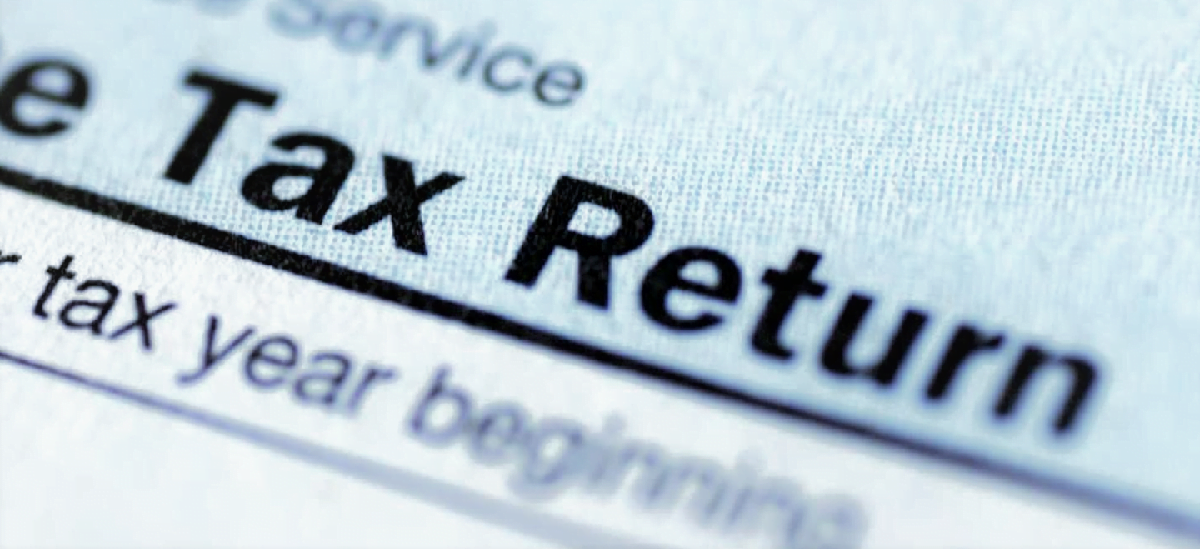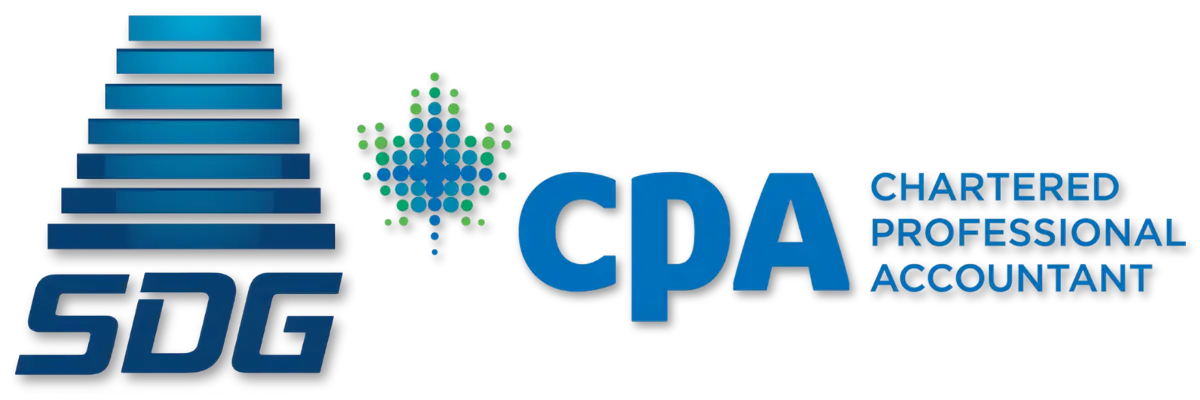
Are you required to file a Canadian Tax Return?
As per the Government of Canada, for the most part, people living in Canada can determine their final tax obligation by completing an income tax return and sending it to the Canada Revenue Agency (CRA).
On the tax return, you list your earnings and deductions, calculate federal and provincial or territorial tax, and decide whether you have a balance of tax owing for the year. On the other hand, you may find you’re entitled to a refund based on the tax deducted from your income during the year. Here is a small guideline from SDG Accountant (A Toronto based Accounting Firm) outlining who must file a Canadian Tax Return:
You are required to file a Canadian Tax Return if any one of the following conditions is met:
- You Owe Taxes for the Taxation Period
- Canada Revenue Agency has sent you a request to file
- You & your spouse/Common-law partner elected to split pension income for the tax year
- You received a Working Income Tax Benefit Advance Payments
- Disposition of Capital Property (Principal Residence, A Boat, Stocks/Shares, Automobile, other Real Estates)
- Employment Insurance Repayment or Old Age Security
- You have not repaid all withdrawals from your Registered Retirement Savings Plan (RRSP) under the home buyer’s plan or Life Long learning plan.
- Required to contribute to your Canada Pension Plan (CPP) (Applies if self-employment income and pensionable employment income is more than $3,500 for 2016 – see line 222)
- If you are paying Employment Insurance (E.I.) on self-employment and other eligible earnings.
Even if none of the above criteria apply, you should still file a tax return if:
- You want to claim a tax refund
- Claiming the working income tax benefit
- You want to receive HST/GST or any PST Tax Credits
- Canada Child Benefit Entitlement Payments
- You have incurred a business loss or non-capital loss that you want to be able to carry forward or back in other years.
- You want to transfer or carry forward unused tuition, education and textbook amounts
- You have Income to report to increase your RRSP Contribution Limit
- If you are the legal representative of the estate of a person who died in a taxation year, you may have to file a return for that person.
NOTE: The CRA decides the eligibility of people for refunds, advantages and credits dependent upon the situation, contingent upon the residency status. So in the event that you’re uncertain of your residency status in Canada, don’t stop for a second to contact the Canada Revenue Agency.
This site provides general information on various tax issues and other matters. The information is not intended to constitute professional advice and may not be appropriate for a specific individual or fact situation. It is written by the author solely in their personal capacity and cannot be attributed to the accounting firm with which they are affiliated. It is not intended to constitute professional advice, and neither the author nor the firm with which the author is associated shall accept any liability in respect of any reliance on the information contained herein. Readers should always consult with their professional advisors in respect of their particular situation.
— Sami Ghaith
July 20th, 2017


Goods and Services Tax (GST) is very important for every business owner.This blog post feathered all main point for concern this Goods and Services Tax. It will be helpful all Canadian citizens. Thanks for your excellent stuff.